
Competition offering cash prizes for the most innovative ideas that can be turned into a commercial success. The 2016 Geovation Challenge question is ‘How can we better manage water in Britain, sustainably?’
Funding body: Ordnance Survey
Maximum value: £ 20,000
Application deadline: 27/01/2016
Location: United Kingdom
Background
The Geovation Challenge was initiated, funded and managed by Ordnance Survey. Its current collaborators include Department for Environment Food and Rural Affairs, Environment Agency, OCG, Springwise and United Utilities.
Objectives of Fund
The GeoVation Challenge aims to encourage open collaboration in addressing communities’ needs where geography is a key enabler. Open innovation, data, tools and information can be combined to create new ventures which generate social and environmental value.
The current GeoVation Challenge is focused on tackling the global issues around water. The Geovation Challenge question is ‘How can we improve water use in Britain sustainably?
Value Notes
The Programme is divided into two parts:
- Part one (phases one to three over a period of six months) provides a total of £10,000 in funding.
- Part two (for those who successfully deliver a prototype at the end of this and move on to phase four which is another six months on the Programme) provides an additional £10,000 in funding.
Funding will be given during each of the phases to progress the idea to the next level.
Those who are successful at phase four will receive help in seeking extra funding so that they have more than one source of investment and can move toward product launch.
Match Funding Restrictions
Match funding is not a specified requirement.
Who Can Apply
The Challenge is open to UK based organisations and residents over 18 years of age. This includes community groups, entrepreneurs, developers, innovators and local authorities.
Those who join the Programme will be expected to spend a minimum of 20 hours per week working on their project and attending core workshops at the Geovation Hub in London.
Restrictions
The following cannot enter the competition:
- Members of the civil service.
- Individuals involved in the administration of the GeoVation Awards Programme.
Eligible Expenditure
This year’s GeoVation Challenge is focused on tackling the global issues around water.
Ideas must help address the GeoVation Challenge question: ‘How can we better manage water in Britain, sustainably?’
The Geovation Water Challenge is focusing on five themes:
- Too little water.
- Too much water.
- Poor water quality.
- Ageing infrastructure.
- Water use behaviour.
How To Apply
Deadline(s):
The deadine for submission is 27 January 2016.
Frequency: Biannual
Link to guidelines: https://geovation.uk/challenge/#challenge
Useful Links
GeoVation
http://www.geovation.org.uk/
Geovation Challenge 2015: Water
https://geovation.uk/challenge/#difference
Useful Contacts
GeoVation
Ordnance Survey
Urban Innovation Centre
1 Sekforde Street
Clerkenwell Green
London
EC1R 0BE
E-Mail: challenge@geovation.uk
If you are interested please contact the funding development team within RKEO.
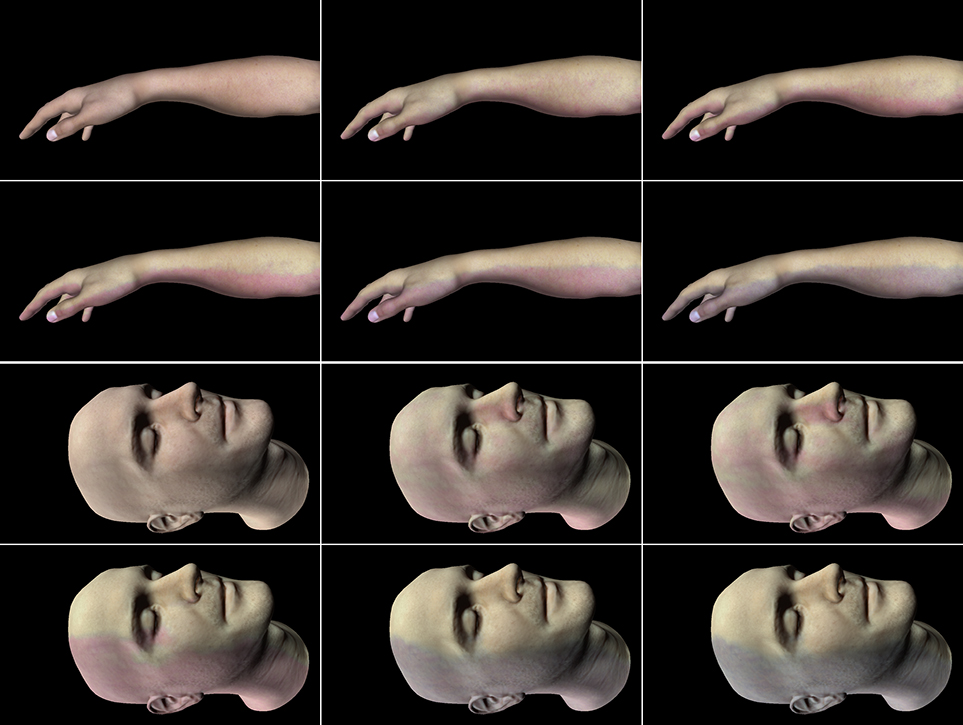

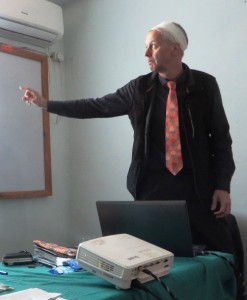
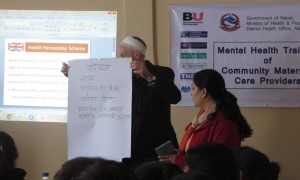
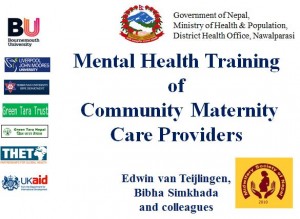
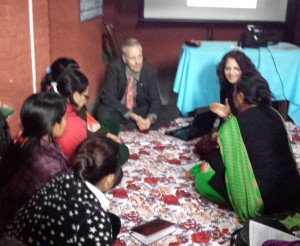

 u to consider attending if you do have. It doesn’t matter whether you have a research track record or not. We want anyone who thinks they might have something to contribute (and even those who think they don’t), and who is available all day on 26 January and during the morning of 27 January to come along.
u to consider attending if you do have. It doesn’t matter whether you have a research track record or not. We want anyone who thinks they might have something to contribute (and even those who think they don’t), and who is available all day on 26 January and during the morning of 27 January to come along.

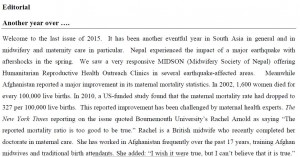

 with BU on a range of health and maternity-care projects. The birthing centre has been improved since our last visit one year ago. There now is a newly build decomposition pit for the disposal of placentas. There is a new postnatal recovery room, and the number of local women giving birth in the facility has been increasing! When we arrived a new baby had just been born an hour or so earlier (second photo with proud father on the right).
with BU on a range of health and maternity-care projects. The birthing centre has been improved since our last visit one year ago. There now is a newly build decomposition pit for the disposal of placentas. There is a new postnatal recovery room, and the number of local women giving birth in the facility has been increasing! When we arrived a new baby had just been born an hour or so earlier (second photo with proud father on the right).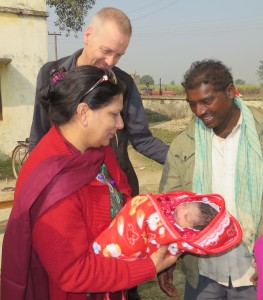

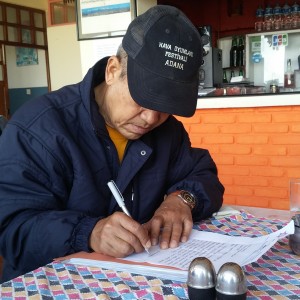
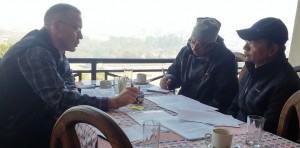
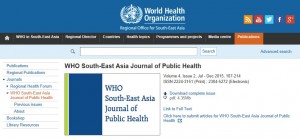
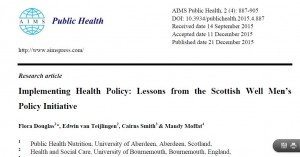


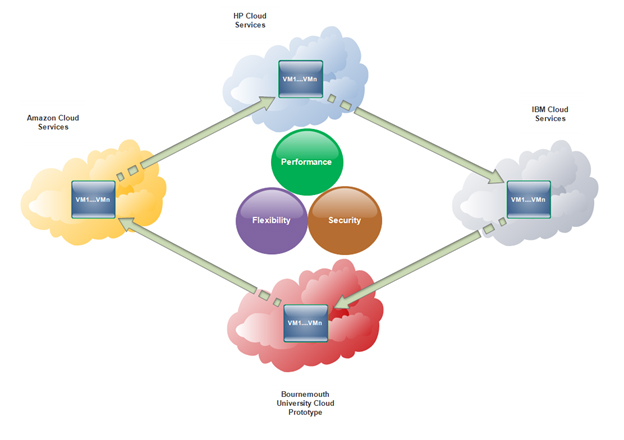











 Beyond Academia: Exploring Career Options for Early Career Researchers – Online Workshop
Beyond Academia: Exploring Career Options for Early Career Researchers – Online Workshop UKCGE Recognised Research Supervision Programme: Deadline Approaching
UKCGE Recognised Research Supervision Programme: Deadline Approaching SPROUT: From Sustainable Research to Sustainable Research Lives
SPROUT: From Sustainable Research to Sustainable Research Lives BRIAN upgrade and new look
BRIAN upgrade and new look Seeing the fruits of your labour in Bangladesh
Seeing the fruits of your labour in Bangladesh ECR Funding Open Call: Research Culture & Community Grant – Apply now
ECR Funding Open Call: Research Culture & Community Grant – Apply now ECR Funding Open Call: Research Culture & Community Grant – Application Deadline Friday 12 December
ECR Funding Open Call: Research Culture & Community Grant – Application Deadline Friday 12 December MSCA Postdoctoral Fellowships 2025 Call
MSCA Postdoctoral Fellowships 2025 Call ERC Advanced Grant 2025 Webinar
ERC Advanced Grant 2025 Webinar Update on UKRO services
Update on UKRO services European research project exploring use of ‘virtual twins’ to better manage metabolic associated fatty liver disease
European research project exploring use of ‘virtual twins’ to better manage metabolic associated fatty liver disease